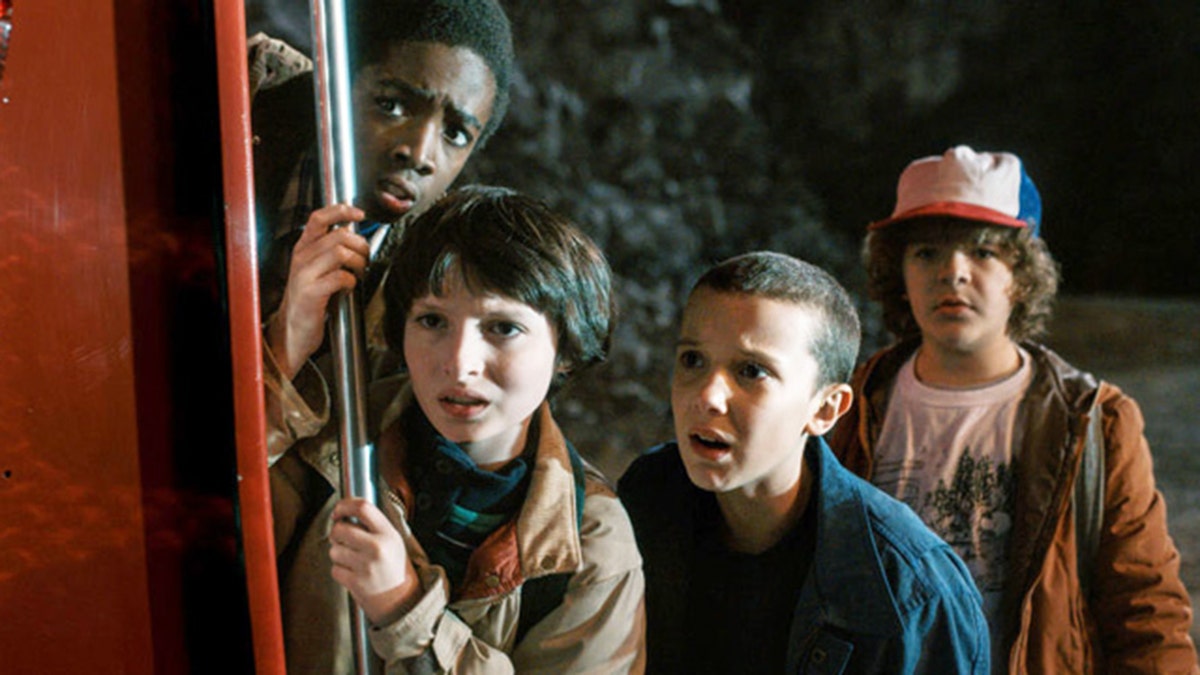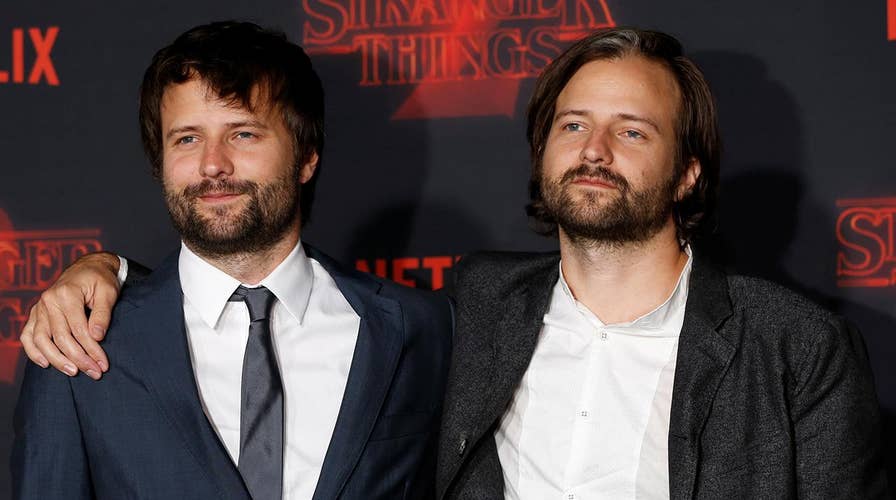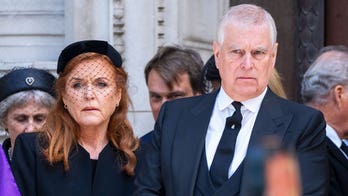Creators of 'Stranger Things' are being sued
Top Talkers: Filmmaker Charlie Kessler claims the Duffer Brothers ripped off his idea.
The third season of "Stranger Things" is set to launch on Netflix on July 4, but series creators the Duffer Brothers are probably more focused on another date after a judge today rejected their attempt to get a plagiarism lawsuit dismissed.
Unless L.A. Superior Court Judge Michael Stern changes his mind soon or plaintiff Charlie Kessler backs off, Matt Duffer and Ross Duffer are heading for an Upside Down of their own with a May 6 starting trial.
“Triable issues of fact remain to be determined concerning what plaintiff said, what he meant to convey by his conversation and how the defendants responded before it can be definitively concluded whether or not an implied in fact contract was formed,” Judge Stern wrote Wednesday (read it here).
“Defendants submit that their creation was independent and occurred prior to plaintiff’s alleged disclosure of his idea to them,” the LASC judge added, taking aim at the Duffers’ insistence that filmmaker Kessler’s allegations are baloney. “They each submit declarations relying upon and substantiating the credibility of each other’s testimony. However, there is little independent verifying evidence of the originality of their idea.”
Basically, this year-long case is going to trial because the court has seen no proof that Matt and Ross Duffer came up with the incredibly successful and multi-Emmy nominated 1980s-set supernatural drama other than Matt and Ross Duffer saying that they did.

Extras may find themselves “banding together” this fall to film the show “Stranger Things.” (Netflix)
“Without such admissible evidence, we are left with an issue of determining credibility that must be decided by the trier of fact,” the denial of the Brothers’ summary judgment motion notes. “Moreover, whether or not there is a similarity between the concepts to be discerned by comparing them is a subissue of independent creation that must be decided by the trier of fact.”
“The Duffer Brothers have our full support,” said a Netfix spokesperson Wednesday of this potential Demogorgon. “This case has no merit, which we look forward to being confirmed by a full hearing of the facts in court.”
Clearly the other side thinks the matter has a boatload of merit and also thinks it’s time for the streaming service and the Duffers to drop that line, among others.
“Now that the Judge has ruled and denied their motion for summary judgment, we can now dispense with the nonsense promoted by the Duffers and Netflix that this lawsuit has no merit, and that they had ‘proof’ that they created the show,” Kessler’s attorney S. Michael Keman of the self title Santa Monica firm states after today’s decision. “If the lawsuit had no merit, or if they actually had the ‘proof’ they created it, then their summary judgment would have won. They lost. These motions are very hard to fight and winning this Motion shows Mr. Kessler has a good case. We look forward to proving Mr. Kessler’s case at trial.”
Filmmaker Kessler claimed in his initial April 2, 2018 filing that he pitched the concept to the Duffers four years beforehand at a Tribeca Film Festival party. The "Montauk" director also asserted that he later handed over “the script, ideas, story and film” to the brother and that they allegedly used that material develop Stranger Things.
Kessler says the Duffers used the working title "The Montauk Project" during the early stages of Stranger Things, which was originally set in the Long Island town of the title (a setting later changed to Indiana). It should be stated that when Duffers project with Netflix was first announced in 2015, it was called "Montauk" and was set in Long Island.
Not totally unlike the first season of "Stranger Things" in 2016, the plot of Kessler’s 2012 "Montauk" short film revolves around a missing boy, a nearby military base conducting experiments on children and a monster from another dimension that looks like a toy.
Regardless, the day after Kessler’s suit was put in LASC docket, the Duffers said that they considered the action “completely meritless” and “just an attempt to profit” from the Netflix series.
They might have to offer up a bit more than that in court next month.
















































